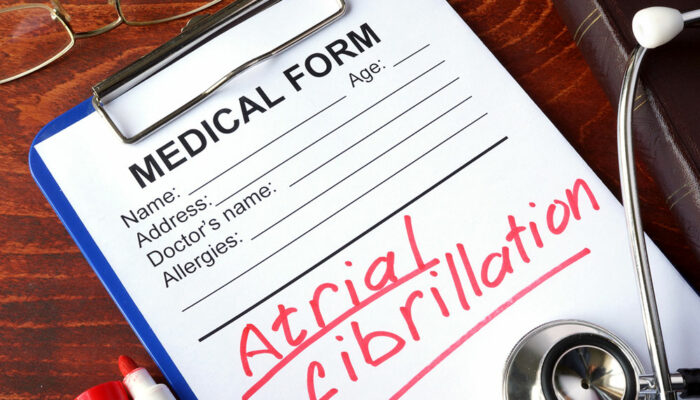
What is schizophrenia
A term heard quite often, schizophrenia is a mental disorder. It causes disruption in the thought processes, social interaction, emotional response, and perception. The severity of the disease varies among individuals. It is a highly disabling and persistent condition.
The symptoms include delusions, hallucinations, thought disorder, reduced motivation to achieve goals, cognitive impairment, motor impairment, difficulty in maintaining social relationships, reduced expression of emotion, and psychotic symptoms.
It can start in adolescence or early adulthood. It is sometimes regarded as a developmental perspective. Unusual behaviors and cognitive impairment can be seen during adolescence, and the presence of many symptoms later becomes a disorder.
Schizophrenia is usually diagnosed during a person’s teenage years to early thirties. It tends to emerge in males in the early twenties and in females in their 20s to 30s. Subtle changes occur in social relationships and cognitive behavior.
It is difficult to detect the presence of schizophrenia as it may overlap with symptoms of other disorders. There is presence of psychosis and schizophrenia-related disorders from 25% to 64%. This disease is associated with significant health, social, and economic concerns.
It is a leading cause of disability worldwide. The individuals face the risk of premature mortality, with the average age being 28.5 years. Along with schizophrenia symptoms, symptoms of other diseases like diabetes, liver disease, and heart disease can also be experienced. Around 4.9% of those suffering from this disease die by suicide, as there is high risk in early stages of illness.
Over half of the individuals have other mental health disorders. The financial cost of treating this mental and other health conditions increases as it involves indirect cost of lost productivity, social service needs, and criminal justice involvement.
An overview of schizophrenia
If better medical outcome is required, then early use of medication and intervention will also be required. The sooner a person is diagnosed with schizophrenia, the faster he/she can be stabilized with treatment.
Teens suffering from schizophrenia face roughly 50% risk of attempting suicide. In some rare cases it is found that children as young as five years old develop schizophrenia. However, there is scant research to support this.
Anti-psychotic medications are recommended for schizophrenia. If medication is discontinued, the chances of relapse are 80% within 2 years. It is absolutely essential to visit a doctor as soon as symptoms are noticed. Early diagnosis can prove to be extremely beneficial.
There is a variation in what happens to schizophrenic patients – some have psychotic episodes that can last for weeks/months with full remission of the symptoms between each episode. While others may display fluctuating behavior that varies in intensity.
On one hand, an individual may experience a single psychotic episode, which is followed by complete recovery. On the other hand, the illness does not abate and the debilitating effects increase.




